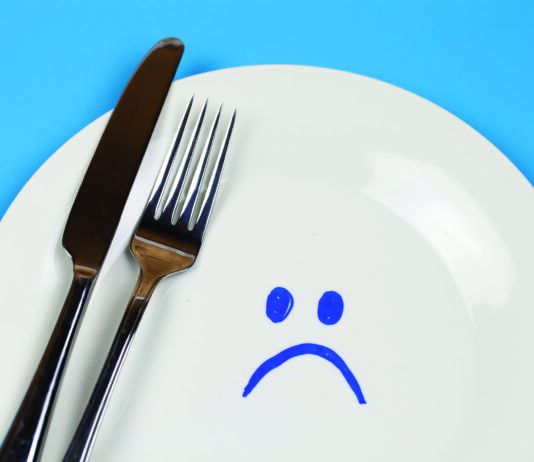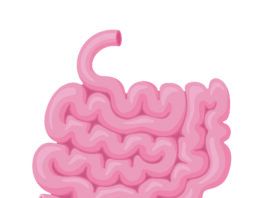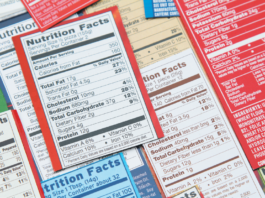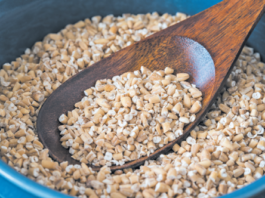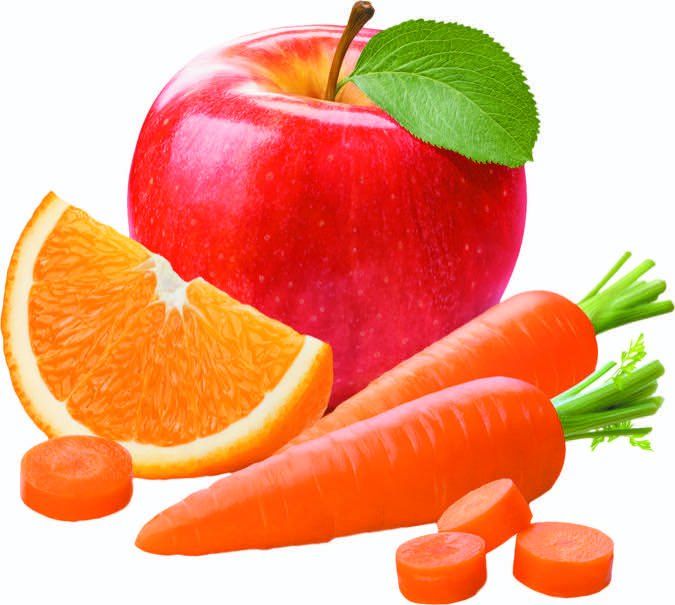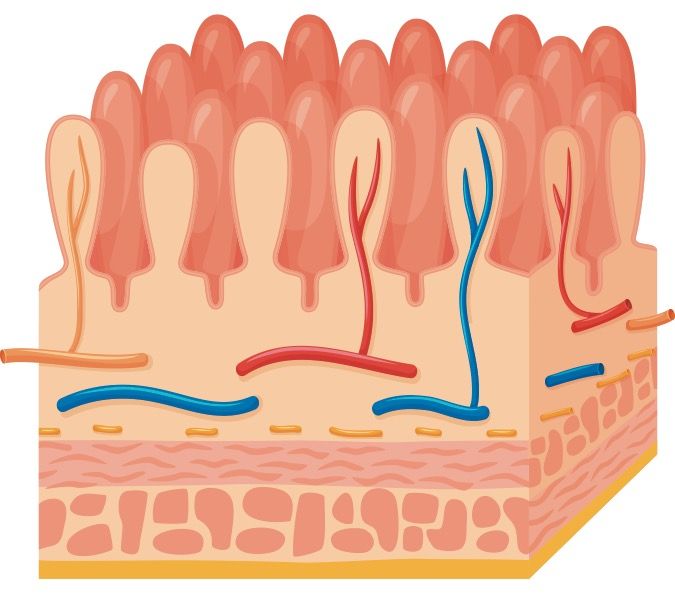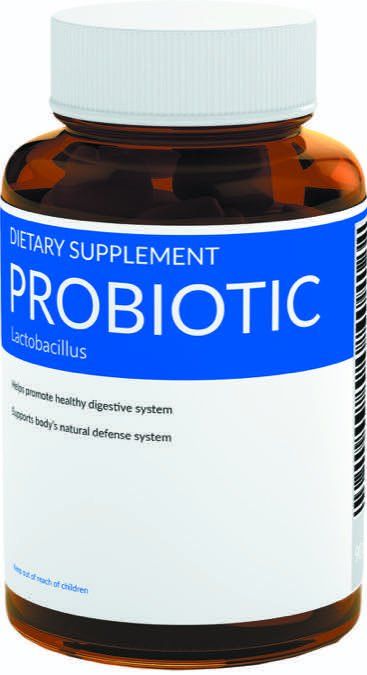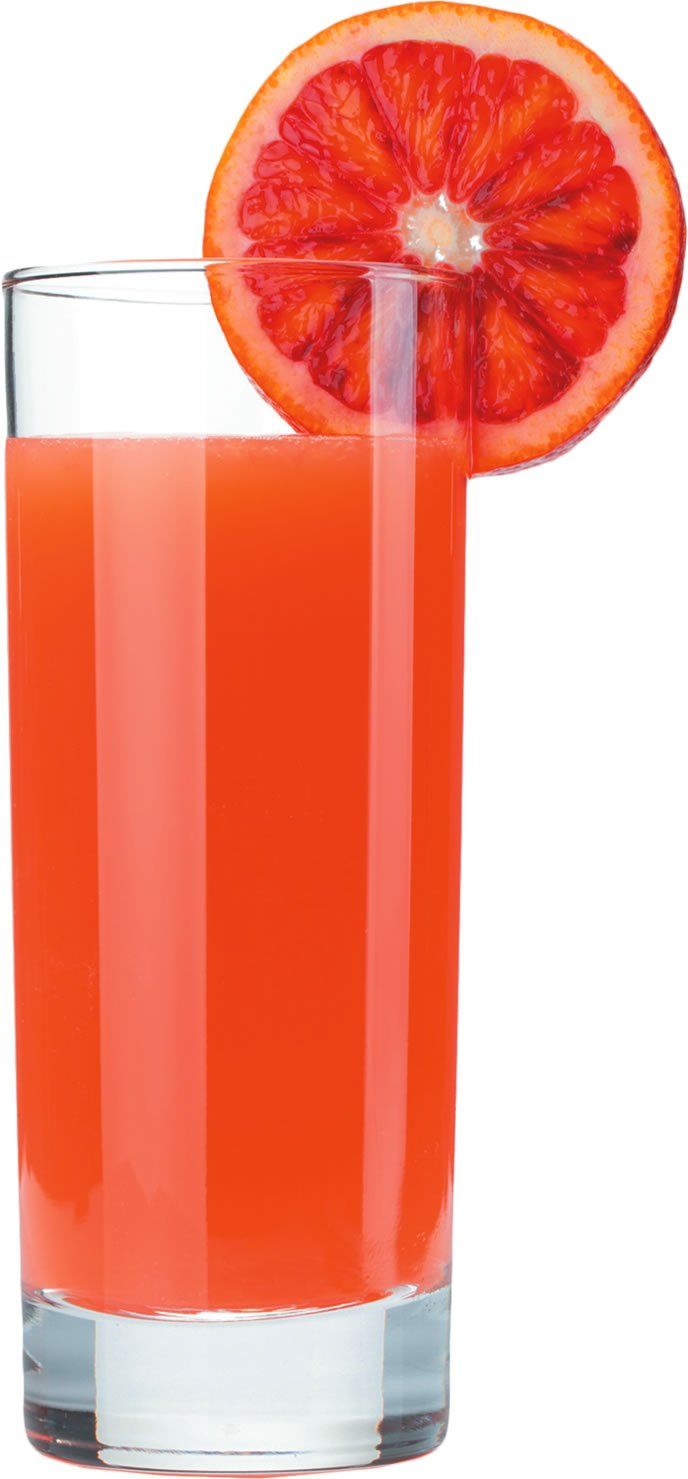Eating Increases Feel-Good Hormones
Eating leads to widespread opioid release in the brain, which signals feelings of satiety (fullness) and pleasure, according to a study in the Journal of Neuroscience.
Eggs with Cracked Shells: Still Safe to Eat?
Q: If there is a crack in the shell of an egg, is it still OK to use?
Reduce Heart Disease Deaths Through Food Price Changes
Policymakers are looking at ways to help nudge Americans to make healthier food choices. Two possible approaches: 1) raise the prices of unhealthy foods to discourage their consumption and 2) subsidize the prices of healthy foods to encourage their consumption. The payoff from either one? Lower risk of death from cardiovascular disease, says a new study.
The Lowdown on Leaky Gut
As the popular depiction of leaky gut goes, damage to the lining of the small intestine can release undigested food particles, bacteria and toxins into your bloodstream. And, that can potentially spur a myriad of health problems ranging from digestive issues to joint pain. Without a doubt, this description is oversimplified and misleading. But, its worth looking at whether leaky gut-or more precisely, increased intestinal permeability-is a legitimate concern.
Debunking 6 Probiotic Myths
Some people use supplements and fermented foods containing probiotics-beneficial bacteria and yeasts-in an effort to improve health. But, is there good science behind them? Probiotic experts help clear up six common myths.
Lost Sense of Taste: Will It Come Back?
Q. I recently lost my sense of taste. I can taste spices somewhat. Can you tell me if and how I can get back my sense of taste?
Confusion Reigns About Gluten
Americans are spending $10.5 billion a year on products labeled gluten-free, but only about one-third of consumers can correctly identify what gluten is. A telephone survey of 1,012 US adults conducted for NSF International found plenty of confusion about gluten, a protein found in grains including wheat, barley and rye that patients with celiac disease must avoid. Just over a quarter (26%) mistakenly said they think products that are wheat-free are necessarily also gluten-free; 15% defined gluten as simply wheat. On the other hand, 47% erroneously said rice contains gluten and 34% said potatoes do. Asked reasons for avoiding gluten, 19% said they suffer from gluten allergy or sensitivity, 12% said going gluten-free makes them feel healthier, and 9% self-identified as having celiac disease (an autoimmune disorder that scientists say affects only about 0.75% of the population).
Q. We eat lots of figs and the brand my husband prefers has potassium...
Q. We eat lots of figs and the brand my husband prefers has potassium sorbate as a preservative. Is potassium sorbate safe?
Q. I was told that people taking statin medications for cholesterol should not consume...
Q. I was told that people taking statin medications for cholesterol should not consume grapefruit or grapefruit juice. Is this true? Is there any safe time span after taking my medication that I could have grapefruit?
Q. I was wondering if a gluten-free diet results in any deficiencies in vitamins/minerals...
Q. I was wondering if a gluten-free diet results in any deficiencies in vitamins/minerals or other essential parts of ones diet? My diet is a medical not personal choice.
























